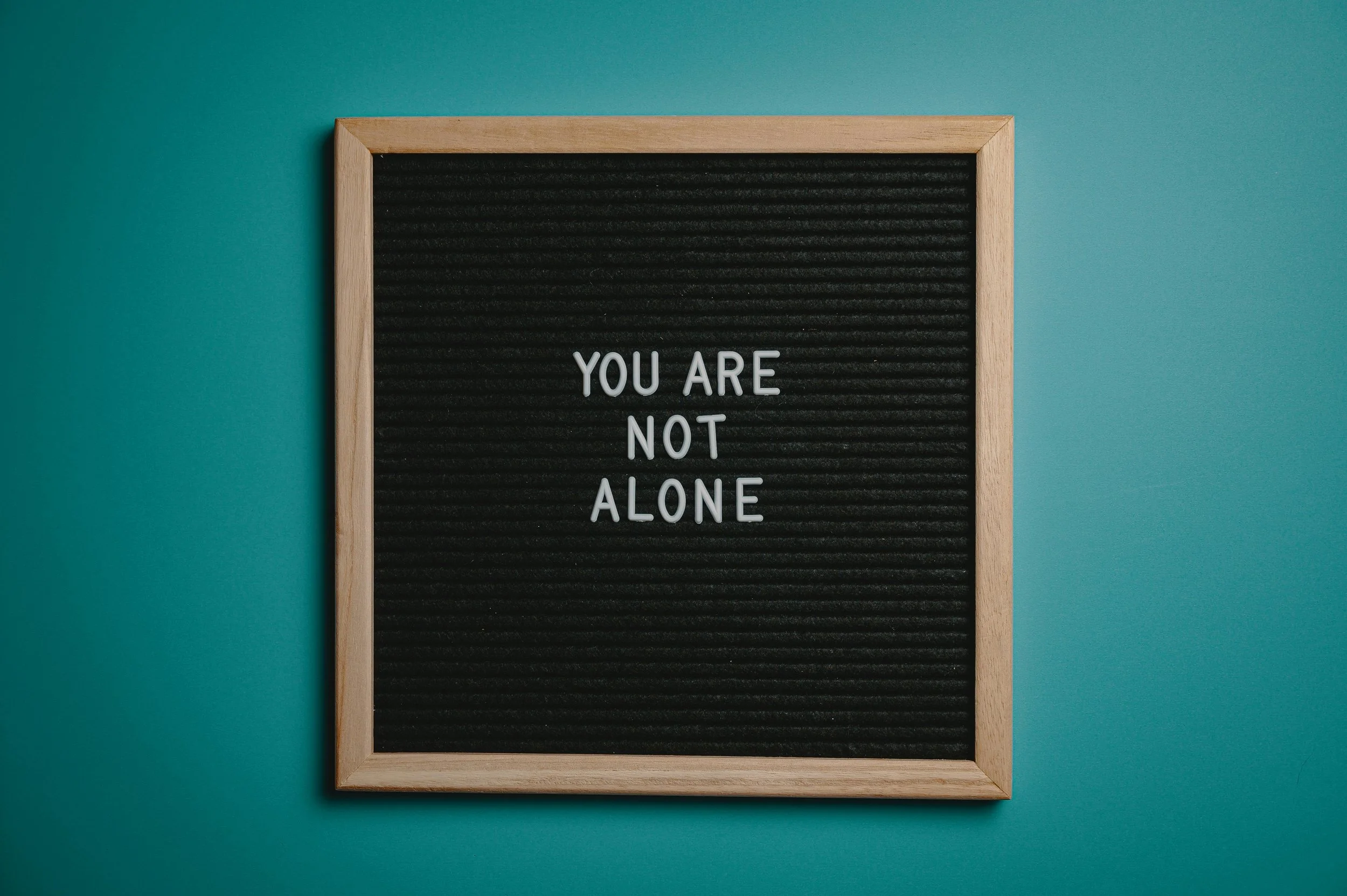The Role of Recovery Coaching in Long-Term Mental Health Recovery

At a glance:
Recovery coaching delivers individual-focused coaching services for developing enduring stability and self-assurance in people with psychosocial disability.
Recovery coaching facilitates continued support to help participants reconstruct their routines and relationships and restore their emotional strength over time.
Recovery coaches build a strong connection with the participants and help them achieve their goals through small, manageable steps and by overcoming challenges together.
Recovering from a long-term mental health condition isn’t a straight path or easy work for any individual living with psychosocial disability. It is also not a one-size-fits-all process. It is a very personal journey that has its own continuous ups and downs with progress and pauses.
As a result, finding the right support that can adapt to the needs of NDIS participants in the long run can be challenging. The clinical attention and the therapy might not be enough. This is where recovery coaching comes in as a reliable solution for every NDIS participant who wants a long-term mental health recovery.
Recovery coaching, especially delivered by one of the best NDIS service providers in Australia, like Clearpath NDIS, offers coaching focused on building confidence, skills, and a sense of direction in real-life contexts.
In this blog, we will cover the role of recovery coaching in long-term mental health recovery.
Understanding Mental Health Recovery Coaching
Mental health recovery coaching is a specialised support designed for NDIS participants who have psychosocial disabilities. Recovery coaching is aimed at making the participants confident, navigating their daily routines, and achieving their personal goals. This means that recovery coaching is totally different from the one provided by a therapist or counsellor.
The NDIS recovery coaching is committed to building a better life with the capacity and confidence of the individuals rather than just managing and dealing with the symptoms of mental disabilities.
All in all, recovery coaching functions based on the fundamental principles of hope, empowerment, and choice. Coaches assist individuals rather than fix the participants as they work together to build their skills and foster confidence for personal growth.
Read More: What is Psychosocial Recovery Coaching, and How Can it Help You?
How Recovery Coaching Supports Long-Term Mental Health Recovery
Recovery coaching is one of the best tools for helping NDIS participants with psychosocial disability gain control over their lives. Recovery coaches use unique support methods that help individuals recover from their condition more effectively than therapy alone.
These services focus on practical help that supports medical treatment. Mental health experts work on diagnosing and treating conditions. Recovery coaches, on the other hand, help patients build useful life skills. They use action-based methods to guide individuals in following plans, taking simple steps, and connecting with their community.
That said, here are some of the key roles that recovery coaching has in long-term mental health recovery.
Read More: Navigating Relapses and Setbacks: How Your Recovery Coach Can Help
It’s A True Partnership Rather Than Just Support
A recovery coach knows that trying to fix the condition by just providing support is not going to help the NDIS participants. As a result, they build a strong connection with the participants by listening to them and guiding them rather than prescribing what they should do.
The relationship that the participants have built with their recovery coaches helps them define and pursue their vision of recovery and consistently work for it. It is because whenever they face any issues, they know they can lean back on the recovery coach for ongoing support.
Any quality recovery coaching is built on trust, mutual respect, and consistent communication. This gives the participants a safe space to grow, which can range from something as small as cooking their food to something as significant as rebuilding family connections.
It Helps To Handle Setbacks Without Hampering Progress
Mental heath recovery is a long-term process. When we are in the process of a long-term change, we can expect a few setbacks. In many cases, participants view these setbacks as failures and end their entire recovery journey.
However, this is not the case with recovery coaching. In such conditions, a reliable coaching service helps the participants assess and reframe these limitations and setbacks. This can lead to an incredible opportunity of learning and growing from the challenges.
Regular check-ins, flexible support plans, and a compassionate approach to recovery coaching mean that participants don’t have to start over each time something goes wrong. As a result, the coaching ensures continuous progress despite the ups and downs.
It Connects The Dot Between Support Plans And Everyday Life
NDIS support plans are usually quite sophisticated, especially if the participants are dealing with complex mental issues to meet their complex needs. This can make the recovery process quite daunting. However, recovery coaches break down these support plans into smaller and more manageable steps.
For example, if a participant has extreme social anxiety and the plan is to increase their community participation, the recovery coach works with them to find a simpler task like attending a small art workshop and gradually moving their way to bigger group activities.
This breakdown of goals can help individuals turn their purpose into progress. The practical, real-world assistance by recovery coaches empowers participants to take control of their daily lives through small, manageable steps.
Read More: Signs You Might Benefit from a Psychosocial Recovery Coach under NDIS
Why Recovery Coaching Works Long-Term
Creating a safe space and building a trusting relationship between the recovery coach and the NDIS participant is the most important part of the first session.
The session feels more like a conversation rather than a formal evaluation. The couch will respect your boundaries, so you can only open up about the things you find comfortable. There is always another session to cover up the things that you don’t feel comfortable sharing just yet.
Your recovery coach will listen to you attentively before providing any suggestions. They ask you thoughtful questions to help you define what recovery looks like to you personally. They focus on your strengths and values, and not just your challenges, to make you feel motivated in your recovery journey.
Read More: Developing Your Recovery Journey with a Psychosocial Recovery Coach
What Happens After The First Session?
After your initial appointment, your coach will guide you through the steps of your recovery plan. Your coach will use three approaches to assist you in your recovery path: First, they will advocate for your needs inside the NDIS framework. Secondly, they will help connect you with extra support, if necessary. Finally, they will establish regular monitoring to analyse progress.
To help you stay on course, your recovery coach will adjust your plan as you progress. This adjustment will also help you meet your evolving goals, and they might change during the course of recovery.
The path towards recovery is not linear and may consist of ups and downs. Even if you encounter temporary setbacks, that’s okay. Your recovery coach will provide continuous care during challenging times as you walk through recovery.
Read More: How Your Recovery Coach Can Navigate Relapses and Setbacks
What Makes a Great First Session?
Most of the therapies and clinical supports are designed for quick fixes, but the recovery coaching is committed to long-term progress. One of the reasons why it creates a lasting impact is that recovery coaching is not generic. It is personalised based on the needs, preferences, and challenges of each individual.
Recovery coaches, with their professional mental health knowledge and lived experience, promote genuine support and build good relationships with the participants. They organise frequent sessions to give participants the opportunity to reflect, regroup, and develop while also assisting them in their challenges.
Overall, consistent support helps participants develop coping mechanisms, increase their level of independence, and improve their general well-being over time.
Read More: Psychosocial Recovery Coaching vs. Traditional Therapy: Understanding the Differences
All in all, we must understand that psychosocial issues do not arise overnight, so the solution is not instant, either. The recovery process takes time, but it does not have to be lonely. Recovery coaching, with its persistent support, enables people with psychosocial disability to recover and rebuild their lives in the long run.
Remember ClearPath NDIS for reliable recovery coaching and all sorts of support and management related to your NDIS plan. We take care of everything so that you can focus on taking care of your loved ones.
Get in touch with us today for more information.
Discover More Insights Here
Explore our collection of informative articles.




